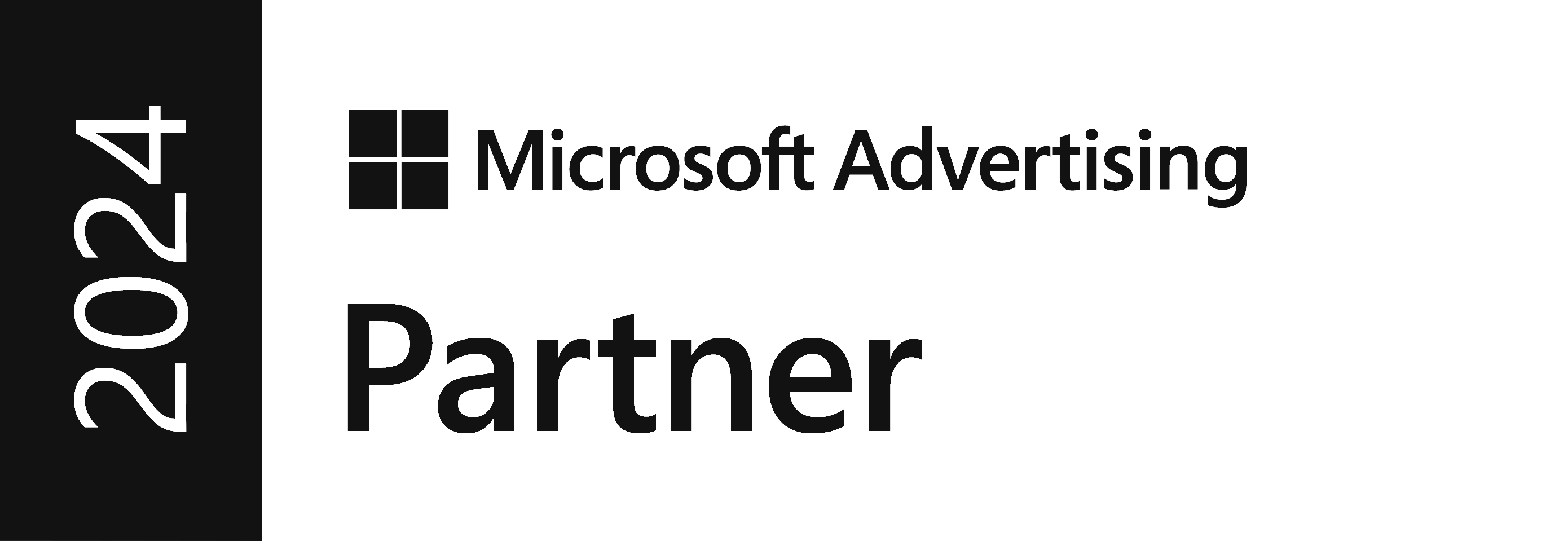Apple IDFA Privacy Changes: What Marketers Need to Know
Apple have recently made changes to their privacy settings for device identifiers and this will have an impact on how certain digital marketing campaigns are targeted and tracked. Any campaigns which use IDFA may be affected.
What’s IDFA?
The Identifier For Advertisers (IDFA) is an identifier used on Apple devices. It does not identify you as an individual but it can be used by advertisers to track your behaviour as you open and use various apps. Think of an IDFA like a cookie but for your device rather than in a browser. It helps advertisers measure ad effectiveness for activity which doesn’t take place in a browser by tying certain actions back to a specific device.
What’s Changing?
Last year Apple announced that app tracking using IDFA would become explicitly opt-in in its next mobile operating system update. Apple’s change went live with the public release of iOS 14.5 in April.
Users on the new iOS are now given a prompt when installing an app, asking them to either opt-in or opt-out of being tracked. Early indications are that users are mostly opting out. Currently, about 70% of IOS users share their IDFA with app publishers, after this change it’s estimated that this number will drop to 10% to 15%.
Opting out of being tracked via an IDFA won’t prevent people from seeing ads, it just means that those ads will be less well targeted.
Why is Apple doing this?
Apple knows that users value privacy so they’re keen to pretend that they’re keen on privacy too. Their official statement said ““Privacy is at the core of everything we do” which is… an interesting claim.
Privacy is becoming a key issue when it comes to consumer trust and that is having an impact on the policies of large tech forms like Apple, Google and Facebook. Consumers are very aware of being “tracked” although most have little clarity about how this actually works in practice. Platforms are adapting but ultimately they are not going to make any changes which have a negative impact on their own priorities.
What impact will this have?
This update will mostly impact on mobile marketing activity, particularly when an app installation is the desired outcome. App install campaigns will be heavily affected as these currently tend to rely on IDFA for identifying how many iOS users targeted by a campaign have installed the app in question.
As an alternative to IDFA, Apple’s SKAdNetwork should enable privacy-safe install attribution. SKAdNetwork offers limited attribution data when compared to IDFA however so may prove to be less effective.
Ad targeting and retargeting at a device level will be affected but only for platforms which rely on IDFA currently. These platforms will be trying to find alternative methods of building audiences. Platforms like Facebook and Google tie data to other identifiers so won’t be impacted from a targeting point of view.
Mobile Measurement Partners, or MMPs, who combine mobile app data from different sources, typically use IDFA so will lose a large percentage of data. They will be switching to SKAdNetwork or other identifiers but may have issues getting reliable data to work with.
IDFA Impact on Facebook Advertising
Facebook’s Audience Network, which places ads on third-party mobile applications, is in trouble. Facebook have said:
“Ultimately, despite our best efforts, Apple’s updates may render Audience Network so ineffective on iOS 14 that it may not make sense to offer it on iOS 14.”
Facebook’s on-platform ads (Facebook-delivered ads in the Facebook and Instagram apps) will still use all the data Facebook has. This is typically tied to your login rather than making use of IDFA.
Facebook is concerned about it’s ability to track View Through Conversions. These measure when someone has seen an ad and then made a purchase later on rather than clicking through and converting at the time.
The removal of IDFA prevents Facebook from effectively measuring View Through Conversions as these require advertisers to record IDFA data. Advertisers cannot send the IDFA details of converting visitors to Facebook so these conversions will not be able to be tied back to ad impressions under the current setup.
Facebook vs Apple
Facebook has been very critical of Apple, who they accuse of creating a policy based on profit rather than privacy. They are apparently particularly concerned about small businesses, which rely on selling in-app ads in order to keep their apps free to use, as well as businesses looking to track View Through Conversions.
Facebook have positioned their disagreement with Apple’s changes as them “speaking up for small businesses”. These, presumably, are the small businesses who found that their organic reach on Facebook dropped so low that they had to rely on using FB ads.
As CNBC points out, Facebook is probably more concerned about losing market share to Google. Facebook’s share of ad revenue is lower than Google’s and this change is likely to have less of a negative impact on Google’s ad effectiveness.
IDFA Impact on Google Advertising
Google’s post about preparing for Apple’s iOS 14 policy updates focuses mostly on the impact on app publishers who want to track how Google Ads drive conversions like app installs. As with Facebook, Google’s on-platform ads should not be greatly impacted by the change as they primarily use their own data.
The amount of app install data Google can gather will be reduced and it will be harder for app publishers to quantify campaign results.
Google will have issues tracking view through conversions, for users on iOS 14, which may reduce the effectiveness of campaigns which are more awareness focused, like YouTube ads.
Google Privacy Changes
Google has its own version of IDFA, for its Android operating system, called Google’s advertising ID (GAID). As yet there is no indication from Google that they will start requesting consent for tracking using GAID.
On a related note, Google has recently announced that, once Chrome stops using third party cookies next year, they will not implement an alternative method of identifying individual users. Instead they are working on methods of targeting anonymised groups of users with common interests.
What do I need to do?
If you’re currently running any campaigns which you think may be impacted take a look at your data and look for any loss of data for iOS users. If you are running app install campaigns or anything on Facebook’s Audience Network you may already be aware of issues.
If you’re tracking view through conversions you should also check for any loss of data or tracking issues with iOS users. For platform specific concerns your best bet is to speak to a representative of the platform who will be able to provide more specific advice.
If you are concerned about how this might impact on your digital marketing efforts get in touch with the Optix team who will be able to advise.

1st Floor, Alphin Brook House,
Alphin Brook Road,
Exeter EX2 8RG
MORE THAN
Digital
Marketing.
View our sustainability page.
PPC for B2B
PPC for Law Firms
PPC for Luxury Ecommerce Brands
PPC for Travel and Tourism





